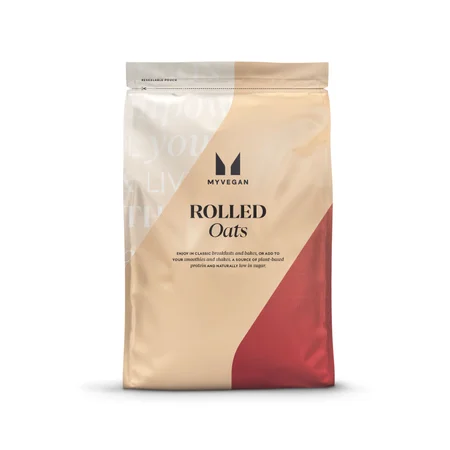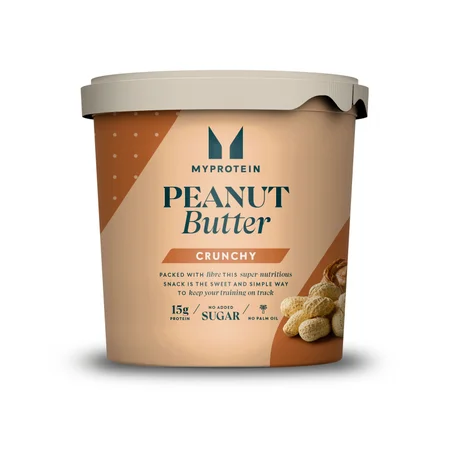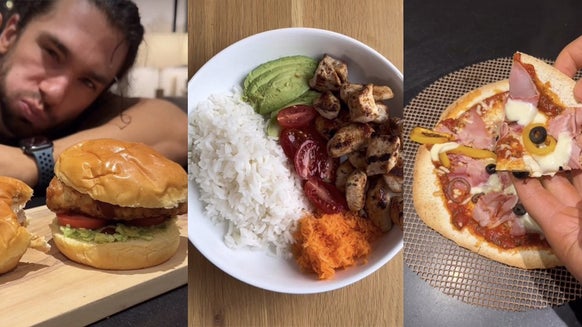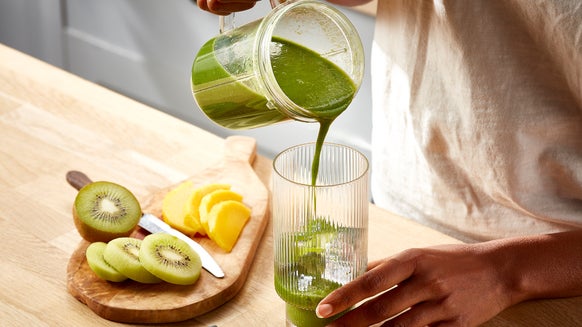Nutritionist Reviews The Best & Worst Diets Of 2020
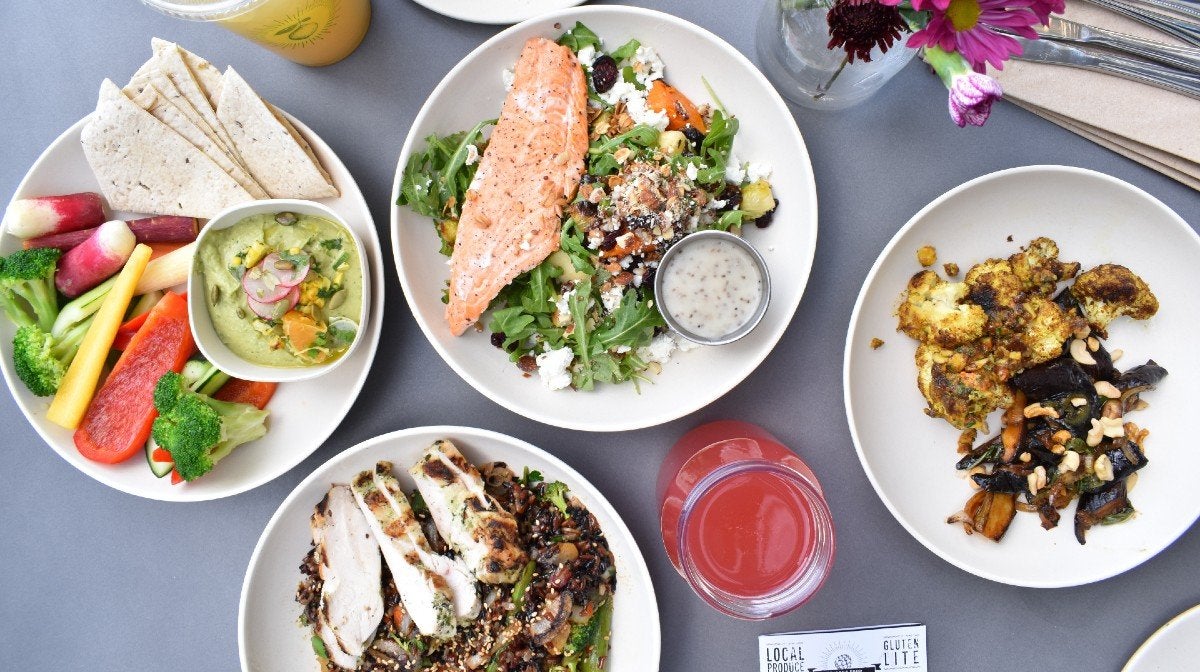
2020 has been the year of many weird and wonderful events; from having to greet people with your elbow, to being told not to do that, to adapting to being locked down in your house for months.
Whilst the world itself has become a stranger place this year, the nutrition landscape never ceases to amaze with its latest instalments of dietary “revolutions”.
Whilst the absolute best diet is the one which meets all your needs and is specific to you, we’re going to cover the most popular dieting strategies of 2020 and give an honest review of why you may, or may not, want to consider giving them a go.

The “Worst” Diets of 2020
Whilst saying something is the “worst” is being a bit facetious (as virtually all diets tend to lead to an overhaul of all health behaviours), what we actually mean is that these diets air on the side of being restrictive and possibly detrimental to long term body and food relationships.
Most will be unsustainable in the long term too and have very little thought behind the continually changing demands of weight change/promoting health.
The Carnivore Diet
The Carnivore Diet is a restrictive diet that only includes meat, fish, and other animal foods like eggs and certain dairy products. It excludes all other foods, including fruits, vegetables, legumes, grains, nuts, and seeds. Yep, you read that right.
The creator, Shawn Baker, claims that it will alleviate mood issues and aid you in weight loss and weight management.
Whilst a higher protein diet such as this will be beneficial for weight management and blood sugar regulation, the highly restrictive principles of this approach make it a major “no no”.
We’re sure we needn’t go any further than to say any diet that actively promotes the restriction of fruits and vegetables is a diet that deserves to be dumped.

The Raw Food Diet
The raw food diet involves eating mainly unprocessed whole, plant-based, and preferably organic foods. Some followers of the diet will even include non-plant-based foods, such as eggs and dairy products and consume them raw as well.
Proponents of this diet believe that the cooking process destroys the nutrient content of the food as well as the enzymes which are crucial for digestion.
Whilst yes, some nutrients may be lost if you cook a certain food in a certain way, but cooking generally enhances the bioavailability of nutrients so we can actually benefit from them.
But what about the enzymes? Well, researchers argue that the enzymes present in food are more for the benefit of the given source, not necessarily to help us digest said food.
Additionally, we produce adequate amounts of enzymes to break down foodstuffs and this is likely regulated by our body in response to what we’re eating. There appears to be virtually no impact of the cooking process on our body’s ability to breakdown and digest foodstuffs adequately.

DNA diets
You might have seen the testing companies sprouting all across the social media landscape that are using DNA testing kits to provide you with the “perfect” diet in accordance to your genes.
Whilst more work certainly needs to be done in this area before we can definitively say these gene-based diets are relatively ineffective, in the same sense,
Studies into this have shown that different people respond very differently to the same dietary inputs. But a study into this on twins, obviously with the same DNA, demonstrated that even identical twins didn't respond the same to the same dietary input. The DNA diet would expect twins to respond the same to dietary input, leaving it's reliability unclear.
Other factors like sleep and exercise habits, as well as your gut microbiome, appear to be much more significant in your individual response to diet. Not a terrible dietary approach, but one that’s maybe overestimated in its usefulness.

Alkaline Diets
The alkaline diet proposes that a diet lower in acid-forming foods and higher in alkaline foods can better balance our body’s PH levels and create an environment more conducive to optimal health.
This diet really misses the mark with its theory.
Firstly, if our blood PH levels were skewed, we’d be very,
Secondly, we need varying PH levels across our body to serve various functions (our stomach has a more acidic environment to aid in the breakdown of foods for example).
Thirdly, the body regulates it’s PH very effectively, even in response to food.
A diet that sounds great in principle but simply is not backed by any scientific basis; you don’t need to follow an “alkaline” diet to justify eating more fruits and veggies.

Whole 30
The Whole30 is not a diet, a weight-loss plan or quick fix – it’s designed to “change your life,” the founders say, by eliminating cravings, rebalancing digestive systems, boosting energy and immune function...or so they suggest.
What is the actual diet? 30 days of absolutely no sugar, alcohol, grains, dairy and legumes. By day 31, all your ailments are cured. I’m not sure why it only seems to happen exactly after 30 days but thankfully neither are the creators nor can you find anything to back this up scientifically.
Short term, Whole30 seems restrictive and unrealistic, we're not sure we could survive off of chicken and some asparagus here and there. It’s a no from me.

The Dukan Diet
Speaking of highly restrictive diets, we come to the last of our “worst” category; the Dukan diet. A four phased approach to weight loss (a la Avengers but nowhere near as interesting or well planned).
The initial stage of the diet cuts out virtually everything bar lean protein; no fruits, veggies, legumes, grains, dairy to name a few. Oh, and you’re allowed 1 ½ tablespoons of oat bran (as a treat)
The second stage of the diet reintroduces a small amount of non-starchy veggies every other day and spoils you rotten with a whopping 2 tablespoons of oat bran.
The third stage is unlimited protein and veggies, some carbs and fats and, you guessed it, 2 ½ tablespoons of oat bran
And the final “do whatever you want phase” is loosely based on the previous phase except you get 3 tablespoons of oat bran.
Yes, you’ll lose weight quite rapidly due to cutting out so many food groups, but you’ll also likely lose your sanity and develop a poor relationship with food. Not the route to go down.

The “Best” Diets of 2020
May be beating the dead horse by saying this again, but there are is no one “best” diet for everyone; each person’s best diet is one specifically tailored to their own, goals, situation, lifestyle and preferences.
However, there are some dietary principles/ strategies that the majority of people would incur a significant amount of health benefits from following.
The Mediterranean Diet
A.K.A. the G.O.A.T; the research world’s favourite diet by far and one that holds many merits due to its promotion of healthy eating behaviours that are mainly non-restrictive and entirely sustainable (both from a health perspective and arguably when we consider sustainability from a food production and environmental perspective too).
In general, the Mediterranean diet is high in vegetables, fruits, legumes, nuts, beans, cereals, grains, fish, and unsaturated fats such as olive oil. It usually includes a low intake of meat and dairy foods.
The benefits of this dietary practice are extensive, including reduced risk of obesity and improved weight management comparative to Westernized diets
Long story short; if you’re going to follow any diet that isn’t custom made, this would be the one recommended.

Flexitarian
The flexitarian diet is an approach to dieting which encourages mostly plant-based foods while allowing meat and other animal products in moderation. Essentially, it is a more flexible version of vegetarianism or veganism.
In a nutshell, this diet is a promotion of a plant centric diet, focused around health and sustainability, which still includes meat if the individual wishes to have it. Another “thumbs up” from us!

Volumetrics
As opposed to most other weight management focused diets, the volumetrics diet is all about eating as much as you can (whilst still losing weight / managing your weight); the foods you’re eating however are “calorie efficient” i.e., providing a lot of volume for the number of calories.
Whilst the diet itself isn’t necessarily perfect in isolation, it may be a helpful “add on” to another approach for those who do struggle with hunger / satiety. Studies have already linked foods which are lower in calorie density to improve weight loss outcomes, so certainly one to consider.

Take Home Message
Another year, another round of “good” and “bad” approaches to add to the dietary landscape. Whilst some are certainly worth steering well clear of, there are others which deserve serious consideration for trialling.
The “best” diet will always be that which is tailored specifically to you, but any of those we mentioned in a positive light will be worth trialling, especially if you’re just looking for somewhere simple to start.
When you're drawing up your goals for the New Year and may be looking to inject a bit of life back into your dietary approach again, why not trial a Mediterranean or Flexitarian approach? In fact, why not just take elements from all the “good” diets and try and make a “perfect” diet tailor made to suit you.
Interested in some more expert nutrition advice?
READ THESE NEXT:

What Are Intra Workout Carbs?
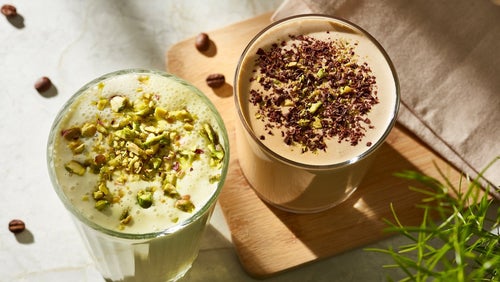
High Protein Shakes To Boost Your Daily Intake & How To Make Them
Your daily protein shake will never be boring again.

Is Running Really Good For You?
Is that 7am run really worth it? Find out from our expert.

1. Crosby, A., Fabbri, A.D.T. “A review of the impact of preparation and cooking on the nutritional quality of vegetables and legumes”. Department of Nutrition, Harvard T. H. Chan School of Public Health, 2015, https://www.sciencedirect.com/science/article/pii/S1878450X15000207#bibliog0005
2. Rothman, S. Liebow, C. Isenman, L. “Conservation of digestive enzymes”. Physiol Rev. January 2002. https://pubmed.ncbi.nlm.nih.gov/11773607/
3. Spector, T. “Predicting inter-individual differences in biochemical and behavioural response to meals with different nutritional compositions using metabolomic and microbiome profiling”, April 2018. https://www.hra.nhs.uk/planning-and-improving-research/application-summaries/research-summaries/predict-study-personalised-responses-to-dietary-composition-trial/
4. Bonjour, JP. “Nutritional disturbance in acid-base balance and osteoporosis: a hypothesis that disregards the essential homeostatic role of the kidney.”, Br J Nutr. October 2013. https://pubmed.ncbi.nlm.nih.gov/23551968/
5. D’Innocenzo, S. Biagi, C. Lanari, M. “Obesity and the Mediterranean Diet: A Review of Evidence of the Role and Sustainability of the Mediterranean Diet.”, Nutrients. 2019;11(6):1306. June 2019, https://www.ncbi.nlm.nih.gov/pmc/articles/PMC6627690/
6. Challa, HJ. Ameer, MA. Uppaluri, KR. “DASH Diet To Stop Hypertension”. January 2020, https://www.ncbi.nlm.nih.gov/books/NBK482514/
7. Stelmach-Mardas, M. Rodacki, T. Dobrowolska-Iwanek, J. et al. “Link between Food Energy Density and Body Weight Changes in Obese Adults.”, Nutrients., April 2016, https://www.ncbi.nlm.nih.gov/pmc/articles/PMC4848697/
